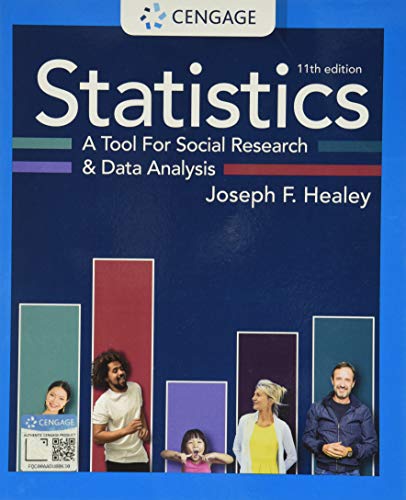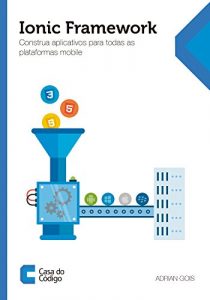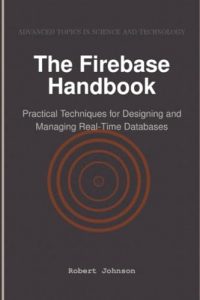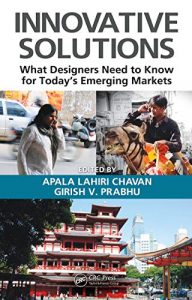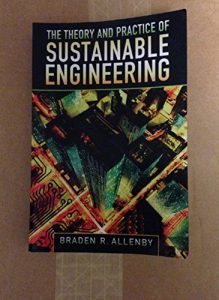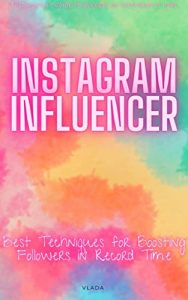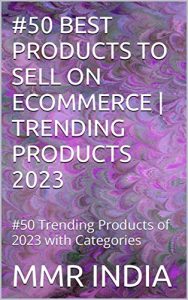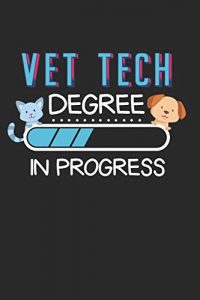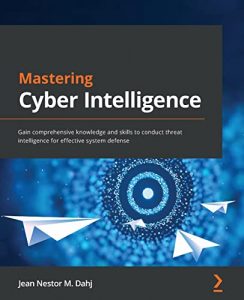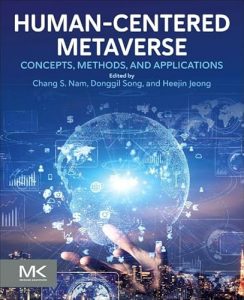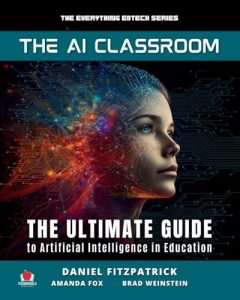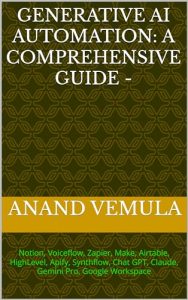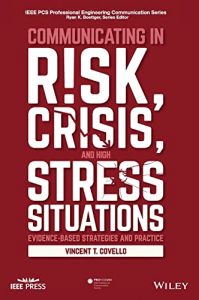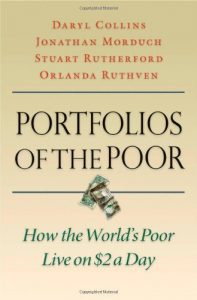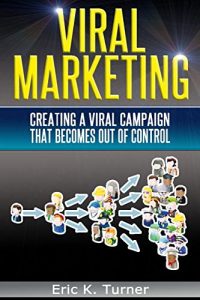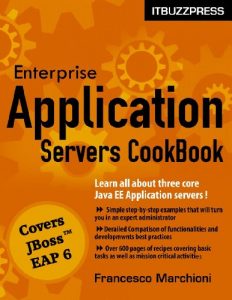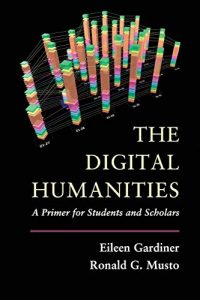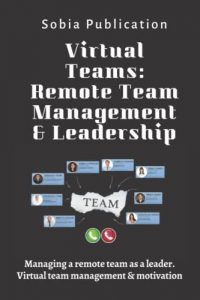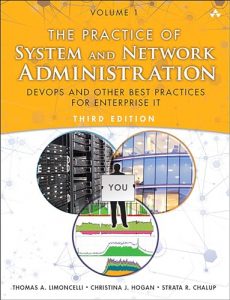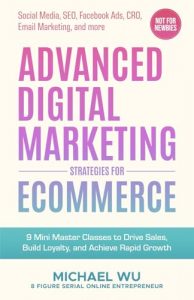1. Statistics: A Tool for Social Research and Data Analysis
Co-authored by Joseph Healey and Christopher Donoghue, this book is a vital resource for anyone looking to understand the intricacies of statistics in social research. It offers a thorough introduction to statistical concepts, with an emphasis on applying statistical techniques to real-world problems. Both the theoretical framework and practical applications are clearly explained, making it accessible for beginners and beneficial for more experienced data analysts alike. From exploratory data analysis to hypothesis testing, this comprehensive guide ensures that readers develop a solid statistical foundation. If you want to elevate your data analysis skills,  is a must-add to your reading list!
is a must-add to your reading list!
2. Data Analysis with Open Source Tools
This hands-on guide by Philipp K. Janert is perfect for programmers and data scientists alike, offering practical examples to illustrate the application of open source tools like R and Python. It emphasizes the importance of data visualization and opens up a conversation on the ethics of data analysis. With real-world case studies, readers can grasp the importance of data analysis in making data-driven decisions. The author’s straightforward approach ensures that even those new to data analysis can follow along, making this book a hidden gem worth exploring. To dive into this valuable resource, check it out  .
.
3. Python for Data Analysis
Wes McKinney’s Python for Data Analysis stands out as an essential book for anyone interested in data wrangling using pandas, NumPy, and Jupyter. This book is structured to support you through every step of data analysis and is aimed at both beginners and experienced programmers looking to harness the power of Python for data tasks. The clarity of explanations and practical examples provided make complex topics digestible, and readers will appreciate McKinney’s insider insights as the creator of pandas. By mastering the techniques outlined in this book, you will undoubtedly enhance your abilities as a data analyst. For an enriching reading experience, grab your copy  .
.
4. Univariate, Bivariate, and Multivariate Statistics Using R
Daniel J. Denis provides a comprehensive textbook on statistical methods applied to different data forms in this exceptional work. It is tailored for researchers and students who want to uncover the power and versatility of R for various statistical analyses. The book guides you through univariate, bivariate, and multivariate statistics, allowing you to choose the right analysis technique based on your data. While it caters to a more advanced audience, the writing remains clear and engaging, making even the most complex analyses accessible. This book is indispensable for anyone serious about mastering data science methodologies. Don’t miss your chance to learn from the best;  .
.
5. The Data Economy: Tools and Applications
Scheduled for publication in 2025, this exciting upcoming title by Isaac Baley and Laura L. Veldkamp aims to explore the economic implications of data as a resource. It presents various tools and applications that leverage data effectively and efficiently across industries. It encourages readers to focus on innovative strategies that can be implemented in their organizations, emphasizing the fast-growing landscape of data economy. This preview signals the potential impact of data-driven decision-making frameworks, positioning readers advantageously for future success in the industry. Keep an eye out for this valuable resource and prepare to transform your data strategies with its insights! Learn more about this title when it is available  .
.
6. Data Wrangling on AWS
This new release by Navnit Shukla, Sankar M, and Sam Palani focuses on the cloud computing landscape with its practical guide on data wrangling using AWS. With modern data sets becoming more intricate, this book guides readers on how to efficiently clean and organize vast amounts of data for better analytics. The collaborative authors dissect complex concepts into manageable sections, providing readers the confidence to tackle cloud-based data manipulation. Its hands-on approach and practical applications make this an invaluable resource for data professionals looking to utilize cloud solutions for data challenges. Don’t wait any longer—get your copy today  .
.
7. Data Analysis in Microsoft Excel
Alex Holloway’s book serves as an excellent introduction for data enthusiasts looking to harness Microsoft Excel for data analysis. This guide simplifies complex analytical processes into easy-to-understand steps, focusing on essential tools like VLOOKUPS and Pivot Tables. It empowers readers to develop impressive analytical capabilities, gaining confidence using Excel as a powerful data analysis tool. Moreover, its structured layout ensures that every concept builds on the previous one, making data analysis feel achievable for everyone. If you’re aiming to refine your Excel skills, this guide is a must-have  .
.
8. Advanced Methods And Tools for ECG Data Analysis
For those specializing in healthcare analytics, the book by Gari D. Clifford, Francisco Azuaje, and Patrick McSharry is a detailed reference on ECG data analysis methodologies. Recognized as a premium resource given its advanced pricing, the detailed insights and research-backed discussions make it invaluable for industry professionals. The authors successfully communicate intricate concepts with precision, empowering readers to tackle complex ECG analysis challenges head-on. Although an advanced read, this book is perfect for those looking to deepen their expertise in this specialized area. Discover in-depth knowledge when you obtain this title  .
.
9. Beginning Excel What-If Data Analysis Tools
Authored by Paul Cornell, this book dives into what-if analysis tools embedded within Excel, providing users with essential techniques to optimize decision-making processes. From Goal Seek to Scenarios, the book illustrates how to model various business situations, making abstract concepts concrete. Readers will praise the practical application of these tools to enhance productivity and efficiency in various personal and professional contexts. The approachable tone and real-world examples ensure broader accessibility for individuals at any skill level. Ready to dive into what-if analysis? Start your journey with this wonderful resource  .
.
10. Python for Geospatial Data Analysis
Bonny P. McClain’s book outlines the tools and philosophies behind geospatial data analysis using Python, aiming to enrich professionals working at the intersection of geography and data science. It introduces concepts like spatial data types and their manipulation while providing practical case studies. Readers will appreciate the balance between theory and practice, making it a great entry point for anyone interested in location intelligence. This title empowers you with the skills necessary to navigate the growing realm of geospatial data analytics. Don’t miss the chance to enhance your capabilities with this compelling book  .
.

